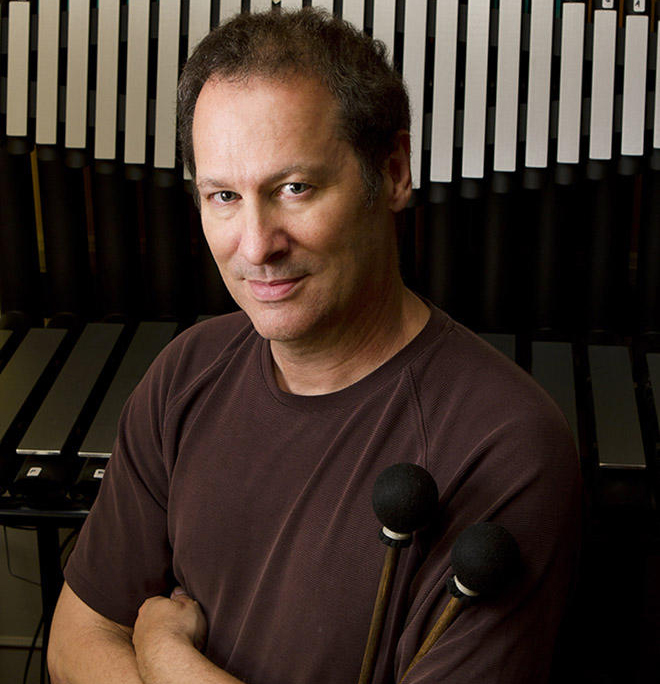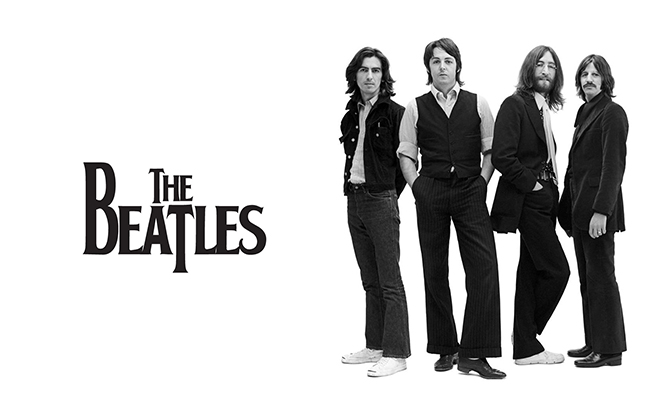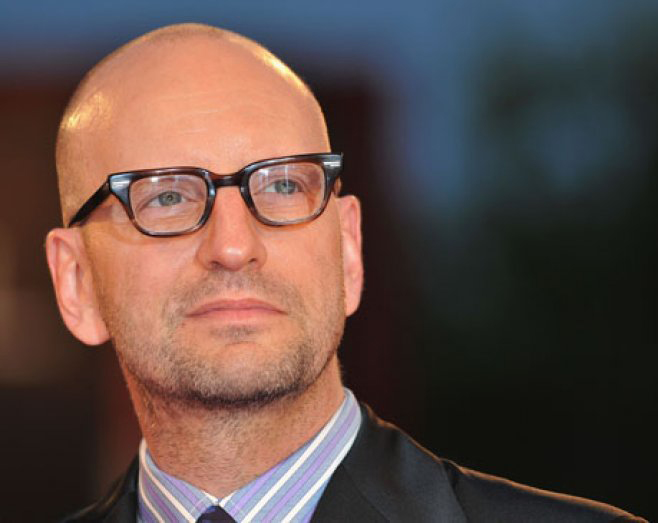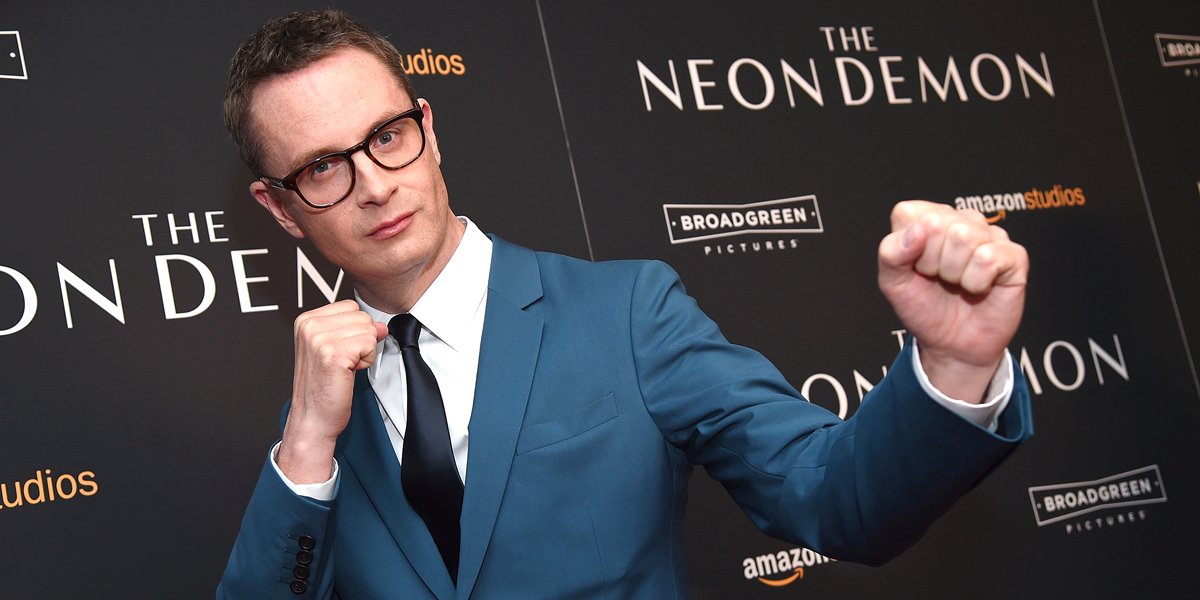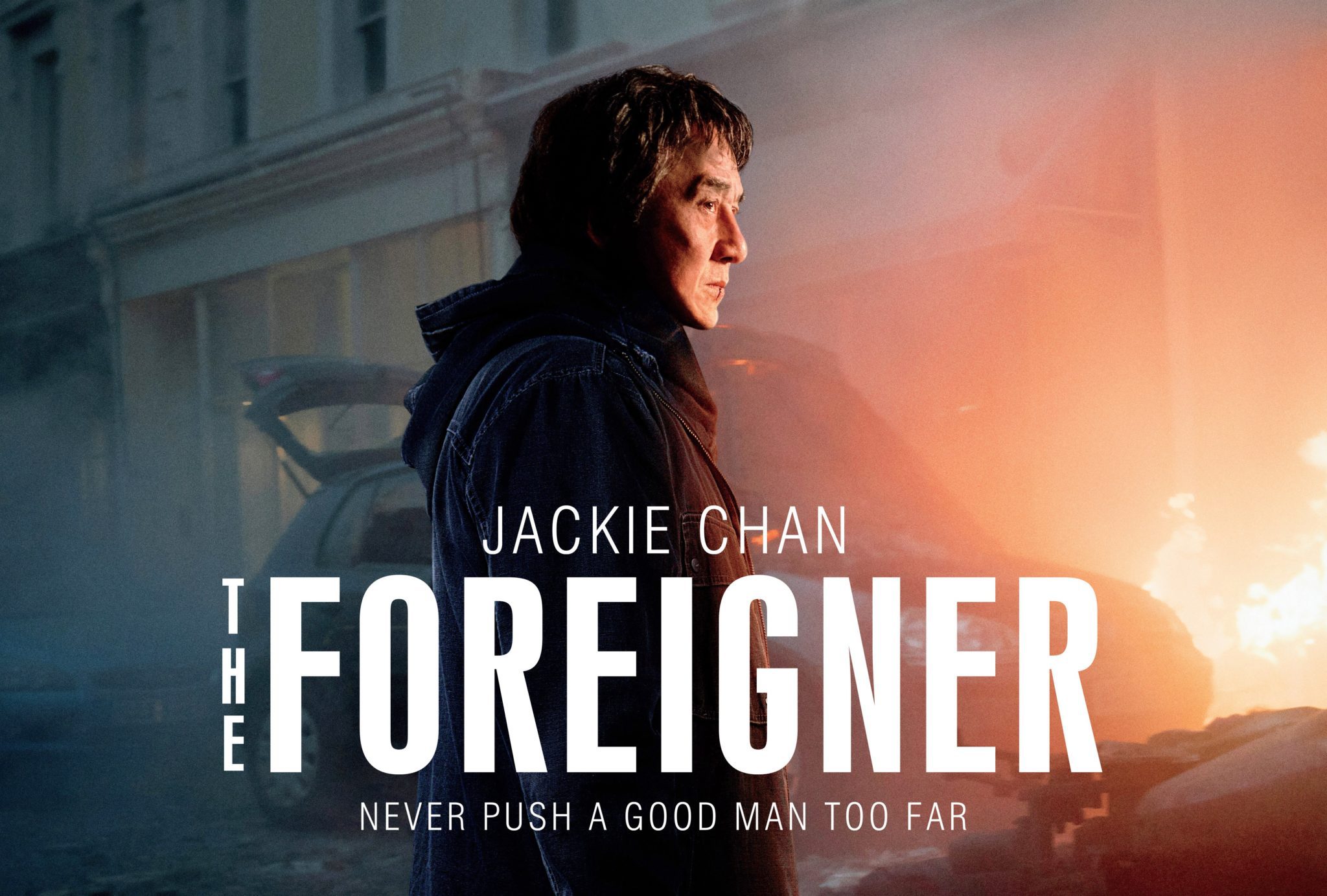Some time ago in Europe, the compilation « The Wicked Die Young, » curated by Nicolas Winding Refn, was released. This compilation features tracks that inspired the creation of « The Neon Demon. » From Suicide to Tommy Seebach, the compilation offers a blend of old-school punk rock and disco, along with new tracks by Electric Youth and Cliff Martinez himself. This news provides an opportunity to highlight the excellence of the vinyl and CD compilation and to interview Cliff Martinez, a pioneer of modern film scoring and a versatile musician across various genres. From start to finish, you’ll gain insights into the man behind the most stylish Crystal Baschet of our time. Enjoy the read!
Mikael: Hello Cliff. Thank you for accepting this interview for retro-synthwave.com. We’re very glad to speak with you. How are you?
Cliff Martinez: Fine, thank you. Not puffing too hard.
To sum up (very) quickly your life, you were born in the very culturally rich Bronx, then were raised in Ohio, next to the capital city of Techno music: Detroit, you played in punk and rock bands such as Red Hot Chili Peppers on the East coast, scored video games (Far Cry 4), great films such as Drive and Traffic, won an Award at the Cannes Film Festival for the best soundtrack of The Neon Demon. In terms of life and professional diversity you’re far from lacking of anything! What’s coming up next?
For the longest time, I thought about doing lighter music and wanted to score a comedy. But since I was a little intimidated by the idea, and I hadn’t exactly been inundated with opportunities, I’ve never followed through on it. Now I’m working on a real live feature film that is a comedy. But I’m not going to name it or talk about it in the event that I embarrass myself and the people that hired me.
« for the longest time, I thought about doing lighter music and wanted to score a comedy »
Your kind of unique life path reminds us of Krzysztof Penderecki or even Maurice Jarre, other great composers who’ve been through marking life events which certainly influenced their magnificent careers. From actors to painters and everything in between, ‘the more you enrich your life, the more enriched artist and person you will be.’ This statement was made by a huge academy award winning actress, Kate Winslet. Do you think this is a true statement? You adore Captain Beefheart who’s life has also been eventful.
I saw Wynton Marsalis on Sesame Street and he was talking to kids about « The 12 Rules of Practice ». They were things like, « practice slowly at first » and « work out a regular schedule ». Then for rule number 12 he says « Look for connections between your music and other things ». Just like that. I thought it was the most profound things I’d ever heard about making music.
You said in an interview that the music which pushed you towards music is hearing The Beatles in 1964. What do you remember at that time as a 10 years old boy? What did you feel?
At that age I thought that music was very mysterious and that appealed to me. I couldn’t understand why The Beatles made teenage women scream so much. The Beatles looked strange to me but more than anything, the music felt unique and exciting. There is something that music can do that I’ve never been able to put into words and The Beatles were the first to do it to me.
We are going to focus on your original soundtracks as we’re positioned on the synth-wave side of music. You have made around 30 scores for films, documentaries, series and games. What is your creative process? Which steps define Cliff Martinez in the making of a soundtrack?
Most of my work is for films, so I’ll talk about that. The process usually starts with watching the movie. The next step is laying on the couch and staring at the ceiling for a while. Then I talk to the director and ask a lot of questions. Eventually, I get around to sitting down in front of the keyboard and trying to make myself useful. Typically, It’ll take a few sketches before anything interesting appears. But a little goes a long way in film music, particularly with my style. So once a couple good ideas appear, it becomes more a process of developing and refining them than of constantly having to come up with something new for every scene. The director is typically the person that I interact with and look to for feedback and direction.
We personally find your score of Sex, Lies and Videotape very captivating as it’s your first. As we discovered Brian Eno before this piece, would you think it’s possible to say that your score is close to Eno’s work technically?
Technically No. I’m not close to Eno. I wanted to be Brian Eno Jr. for that score but as Eno himself would say « I failed in an interesting way ». Eno is the godfather of ambient music and has been a master at it for decades. At that time I was a retiring punk rock drummer experimenting with samplers, sequencers, drum machines and film scoring for the first time. I tried to create ambient with the tools and knowledge I had at the time.
The echos in ‘What Other Man’ and downtempo melodies make us think of his album The Plateaux of Mirror he composed with Harold Budd.
Yep. Guilty as charged. I was influenced by that album.
This leads us to the question of the approach you have with electronic music. You said in interviews that you just went towards synthesizers experiencing after playing rock. But except this reason, what lead you to this very particular genre? A sort of fetish? A greed for the unknown?
I first became interested in film scoring because of my fascination with electronic music technology in the late 80’s. I started out in music as a rock and roll drummer and then I fell in love with sequencers, samplers and drum machines. All the gizmos of that period got me thinking about creating music in a different way. My scoring style was developed in my early collaborations with Steven Soderbergh. He had a particular point of view about the function of music that I happened to agree with. So part of my approach to film scoring are just my own natural instincts and part of it is that I’ve been encouraged to go in a particular direction by the people I work with and the projects that I’m offered.
« I started out in music as a rock and roll drummer and then I fell in love with sequencers »
You often compose with the synths fan Mac Quayle. He’s credited on the soundtracks of The Lincoln Lawyer, Only God Forgives etc. Mac said you met early 2000. In which circumstances?
Mac and I were introduced by a mutual friend and fellow composer, Michael Levine.
Steven Soderbergh once told you to get rid of a melody on a score you were making for his film, and this is how you developed your proper ‘textures’ style. Even if it’s part of the job to find the right balance and adapt following the director, isn’t it sometimes frustrating to erase something from your music while you desperately know that it’s better with it?
Yes, but it’s part of the job to accept all kinds of criticism and not get cranky about it. Sometimes I disagree with directors and I’ll let them know. More often than not though, I give them the benefit of the doubt as they are almost always more familiar with the film in a macro sense than I am. It’s not an easy part of the process though. You really have to put your heart into creating the music and then be very detached from it when it’s complete.
As we’re talking about music-loving directors like Soderbergh and Winding Refn, we feel that today film scores are stylistically more flat even though the technic is « Hollywood quality ». With the severe producers and studios rules, there is only very little space for the new Danny Elfmans or Ennio Morricones. What do you think of this statement?
I don’t think there’s a whole lot of room for all kinds of composers in the film scoring business. The law of supply and demand just isn’t in our favor, I’m afraid. Sorry to go negative. Sometimes I get the boogie woogie in me and it’s got to come out.
« the law of supply and demand just isn’t in our favor »
What pushes Cliff Martinez today to say yes or no to a film score project? And would you accept to score a director’s first feature film?
Prior to 2011 with the release of DRIVE and CONTAGION, I wasn’t in much of a position to say no to anything. Nowadays, I sometimes get to make a choice about what I want to work on. I usually say yes to anything that looks like something that I’m well cast for, can learn from and enjoy watching day in and day out.
I’m working with a first time director right now. And I’ve often worked with a number of directors who are new to directing. Usually they are great experiences because they aren’t yet set in their ways and bring new ideas to the party.
You’re used to work with Nicolas and Steven who don’t give a damn about what people think about what they do. As a composer yourself, working with directors like them, do you think you also have a bit of this rock’n’roll attitude?
I’m guessing that Nicolas and Steven generally make the kind of film that they themselves would pay money to go see. I don’t think they are necessarily indifferent to what an audience or a studio executive might think. They just assume that there are enough people out there that will like the same kind of movies they like. I’m the same way…If I get excited about something I write, it usually means I’m onto something. If you build it, they will come.
Concerning the budgets, on a classic 200 million dollars studio film, an average composer earns 800,000 dollars. What is the scale of this salary on a film such as Drive or Spring Breakers?
Nowhere near $800,000. On Spring Breakers I may have gotten paid in frozen shrimp.
The websites, magazines and general medias’ lists of the best films scores since early 2000 remain very classical. It’s not as common as we think to see your score of Drive or Air’s score of Sofia Coppola’s Virgin Suicides or Vangelis’ music of Blade Runner in these lists. However, when you ask people what are their favorite film scores, Drive always comes out very often. Another example, the Best Soundtrack Award isn’t something totally represented in film festivals. When you won the Cannes Soundtrack Award for The Neon Demon, we didn’t hear about it that much. Does this mean that the Establishment still discredits electronic as a way of film scoring?
I don’t think the establishment is paying much attention to film scores in general. The score to SOCIAL NETWORK got an Oscar, so electronic music does get noticed. The teeny tiny circle of film score connoisseurs that make up all those « best of » lists tend to be biased toward the more traditional, orchestral scores, but I’m not sure that they speak for « the establishment ».
« I don’t think the establishment is paying much attention to film scores in general »
Today with the evolution of the music industry, people find satisfying to see Hans Zimmer, John Carpenter, Eric Serra or Howard Shore performing live. Is it something you could be doing one day?
Probably not.
Do you listen to any electronic or synth-wave music at home? Do you have any favorite bands/musicians or records?
I’m listening to Aphex Twin right now. This past weekend, I listened to the first two ZZ Top albums. I’ve been listening to Jackson Browne a lot lately. And I still like Louis Armstrong and Captain Beefheart.
We recently had the pleasure to listen to your previously-unreleased track ‘Becoming’ in the vinyl-compilation ‘The Wicked Die Young’ created by Nicolas Winding Refn. The compilation is a blast! Are there many demos you did for The Neon Demon that remain unreleased?
There are slightly alternate versions of many of the pieces in the film but BECOMING is the only real outtake.
Concerning your releases, what is the next one?
The Foreigner. The soundtrack will be released by Sony.
Thanks a lot Cliff. It was a real pleasure!
Thank you.
A BIG thanks to Cliff and Beth from The Krakower Group
Interview by Mikael Schutz
Layout & Artworks by Space Master

